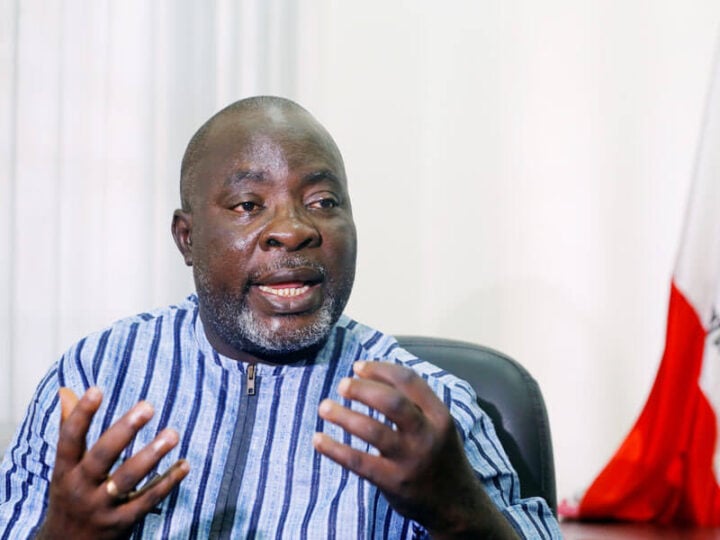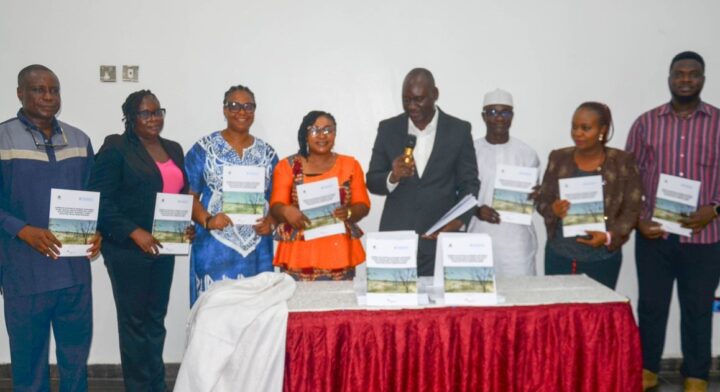President Bola Tinubu says his administration is committed to improving the lives of girls, women, and youth in the country.
Tinubu spoke in Abuja on Wednesday at the unveiling of the United Nations’ Population Fund (UNFPA) “State of the world population 2024 report”.
The president, represented by Ali Pate, minister of health and social welfare, said the government aims to integrate modern solutions into its policies and programmes.
He cited the launch of the “Nigeria health sector renewal investment initiative” in December 2023 as proof of his administration’s commitment to adequate healthcare.
Advertisement
“Meeting the aspirations of the population affected by these inter-woven threads, who are mostly women, girls and young people, places a great demand and a sense of duty on us all to keep that hope alive,” Tinubu said.
“We must fulfil the promises to accelerate actions in Nigeria and ensure no woman dies giving birth.
“We must ensure that girls stay in school instead of becoming mothers at tender ages, provide access to quality health care and services everywhere, including accelerated access to family planning as fundamental for managing our population.
Advertisement
“Also, we must ensure the implementation of laws to end gender-based violence and harmful practices like early/forced marriages, female genital mutilation, that are against women and girls and indirectly against true and enduring development of our nation and people.”
Natalia Kanem, UNFPA executive director, lauded Nigeria’s efforts in addressing its high maternal mortality rates and combatting gender-based violence.
Kanem emphasised that investing in sexual and reproductive health benefits would contribute to economic gains, education, productivity, and human happiness.
The report highlighted the successes in reducing unintended pregnancies and HIV infections and noted that progress has slowed while inequalities persist.
Advertisement
The report called for prioritising those behind, collecting better data, and empowering local actors to address grassroots needs.






